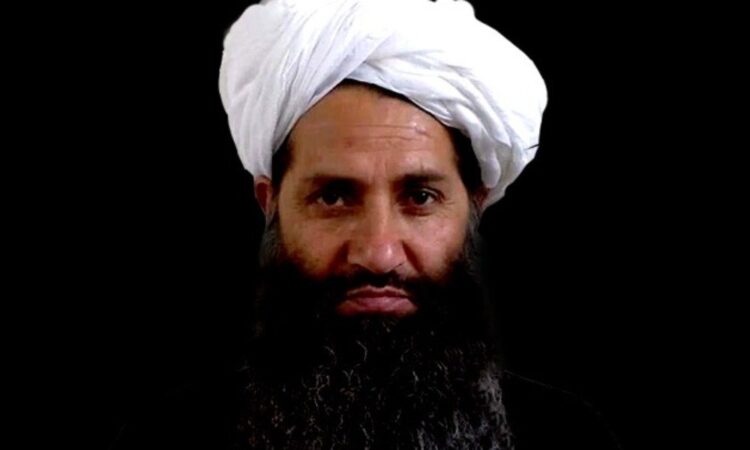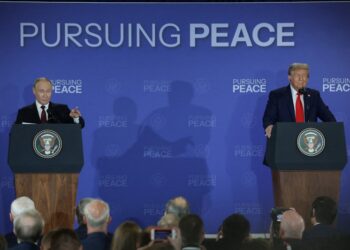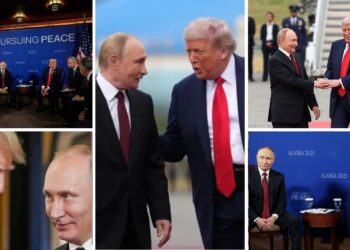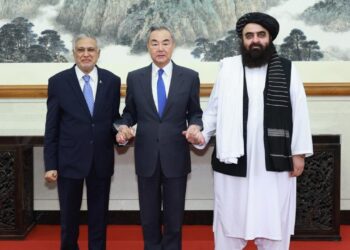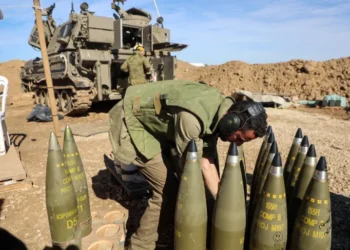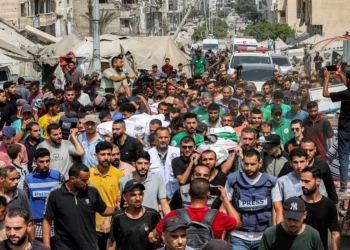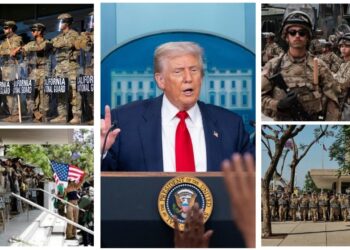KABUL; The Leader of the Islamic Emirate of Afghanistan, Sheikh Hibatullah Akhundzada, has ordered the removal of the word “acting” from the titles of ministers and other cabinet members, formalizing their positions nearly four years after the Taliban returned to power. The directive, reported by Afghan Ariana news, applies to all official communications and documents.
The order comes as the Islamic Emirate marks the fourth anniversary of its takeover in August 2021, when the Taliban seized control of Kabul following the withdrawal of U.S. and NATO forces. Since then, the group has consolidated power, reinstated its interpretation of Islamic law across the country, and maintained a government structure that, until now, officially referred to most top officials as “acting” ministers.
In his anniversary statement, Akhundzada urged officials to focus on the welfare and peace of the Afghan people, uphold the Sharia-based system, and serve the Muslim community. “After the end of the occupation, Afghanistan gained a sacred Sharia system,” the statement read. “Nationwide security was established, and the people were saved from corruption, oppression, usurpation, drugs, theft, robbery, and plunder under the light of Sharia laws.”
The Taliban leader credited the Emirate with creating “suitable conditions” for reconstruction and prosperity, while ending what he described as decades of linguistic, ethnic, regional, and partisan divisions. He called on Afghans to express gratitude for these “great divine blessings” or risk facing severe punishment.
The decision to drop the “acting” title is seen by observers as an attempt to project political stability and legitimacy at home and abroad, even as the Taliban administration remains unrecognized by any foreign government. International criticism has persisted over its human rights record, particularly restrictions on women’s education, employment, and public freedoms.
Despite this, the Taliban leadership has maintained that its governance model is rooted in Islamic values and Afghan traditions, asserting that the country’s security and unity have improved compared to the years of foreign military presence and internal conflict.








